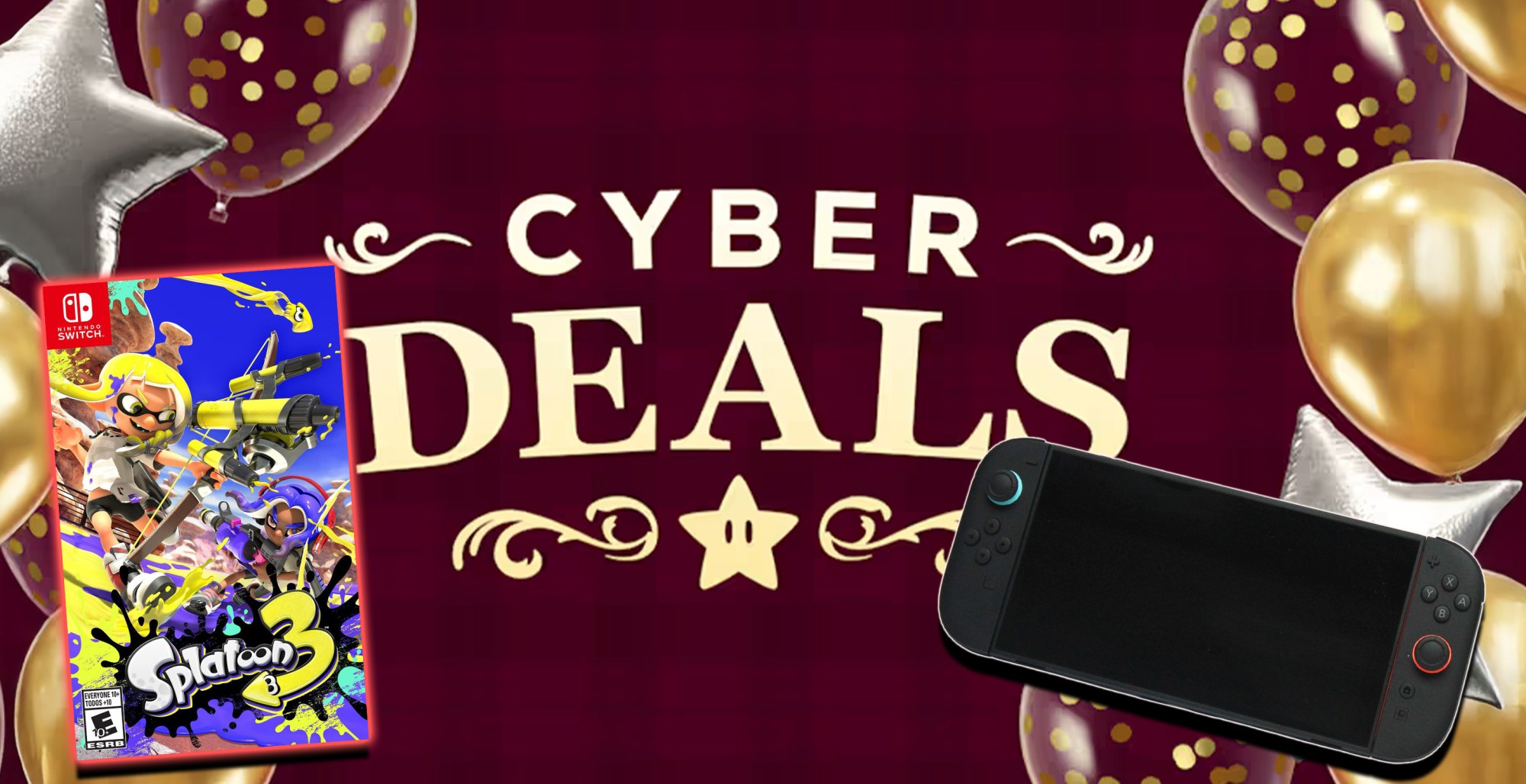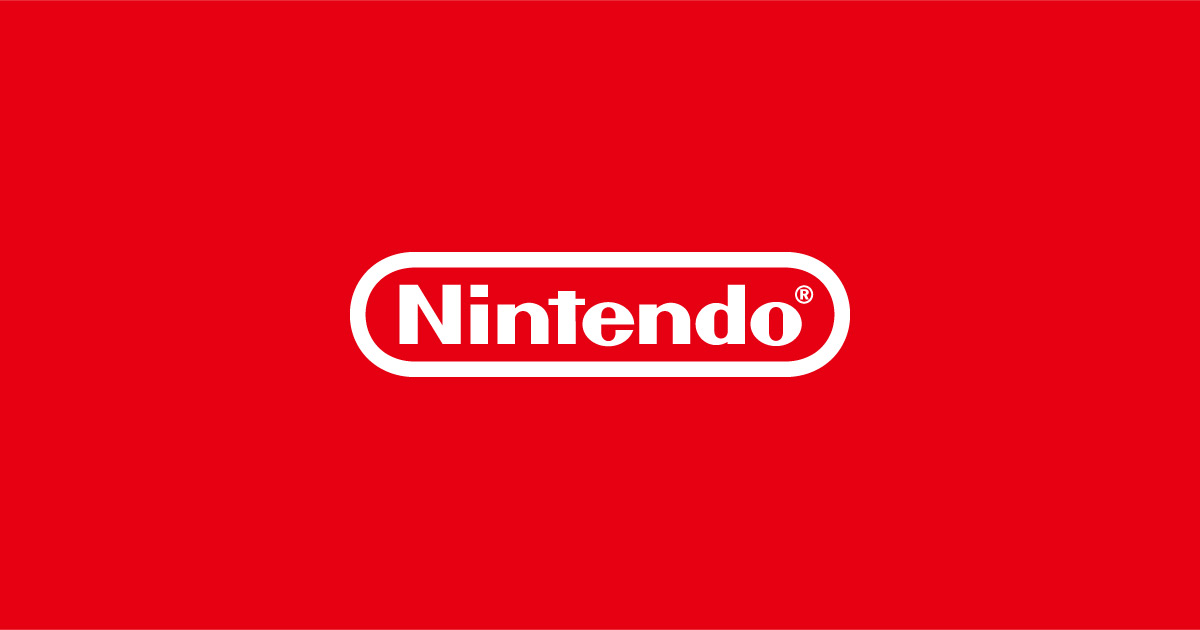The Great Digital Pilgrimage Begins
So it begins. Again. The corporate trumpets sound from Mount Kyoto, and the Pavlovian response is instantaneous. Your pupils dilate. Your heart rate quickens. Your palm instinctively reaches for the wallet you swore you’d hide. Nintendo’s Black Friday 2025 sale is here, a phrase uttered with the same breathless reverence usually reserved for the return of a messiah or the invention of a machine that turns water into single-malt scotch. But let’s be brutally, painfully honest with ourselves for a moment, peeling back the layers of marketing gloss and weaponized nostalgia to see the shrieking, grasping void at the center of this whole charade. This isn’t a celebration. It’s a culling. A beautifully orchestrated fleecing of the flock, and we, the loyal sheep, line up bleating for the shears, thanking them for the privilege of feeling a little lighter.
They dangle the carrot: “Up to 50% off!” A magical incantation. A number so perfectly round, so tantalizingly significant, it short-circuits the rational part of our brain responsible for remembering that 50% off a game you’ll never play is infinitely more expensive than 0% off a game you’ll never play. It’s a masterstroke of psychological warfare, a numbers game where the house always, always wins. Because they know you’re not buying a game; you’re buying the *idea* of a game. You’re purchasing a phantom slice of future happiness, a digital token that says, “One day, when I have time, I will experience joy.” It will sit on your Switch’s home screen, a tiny, colorful icon of accusation, nestled between 47 other games you bought in previous “sales” that have never once been launched. A digital graveyard of good intentions.
Insanity.
Behold, The Mighty “Switch 2” and Its Glorious Discounts
And this year, there’s a new golden calf to worship at the altar: the Nintendo Switch 2. The mythical beast, whispered about in hushed tones on Reddit forums for years, is finally here. And what better way to christen its arrival than with a fire sale? The news reports breathlessly that the “Nintendo Cyber Deals Sale 2025 is now live, and offers major discounts on many Nintendo Switch 2 games.” A miracle! Except, it’s a joke, and you’re the punchline. Let’s speculate on what this “Switch 2” truly is, based on the historical precedent set by the undisputed kings of iterative, soul-crushingly minimal upgrades. It’s probably the same hybrid tablet design, but now the screen is 0.2 inches larger and has a slightly warmer color temperature that journalists will describe as “game-changingly vibrant.” The processing power will be just enough to run the same games at a stable 30 frames per second instead of a choppy 24, a technical leap that we will be expected to applaud as if they’ve just cured polio. The Joy-Cons will still drift, of course. That’s not a bug; it’s a feature, a recurring revenue stream they wouldn’t dare abandon. Tradition is important.
And the “discounts” on these brand-new Switch 2 launch titles? Let’s not kid ourselves. The flagship, system-selling sequel, The Legend of Zelda: Echoes of the Empty Wallet, won’t be 50% off. It won’t even be 30% off. You’ll be lucky to see a princely $5 knocked off the $70 price tag, a token gesture of corporate benevolence designed to make you feel like you’ve won some grand victory over the system. The real deals, the deep 50% cuts, will be reserved for the launch-window indie darlings that everyone already bought, played, and forgot about three months ago, or perhaps a port of a six-year-old game from another console that they’re trying to squeeze a few final dollars out of before it fades into complete irrelevance. It’s a classic bait and switch. They lure you in with the promise of a feast and then serve you the table scraps while charging you for the steak.
This is their game. Not the ones on the screen.
Deconstructing the Illusion of Scarcity
“Hurry, though—this sale ends Dec. 3!” This is the whip that cracks over our heads. The illusion of scarcity. In the age of digital distribution, where a “copy” of a game is an infinitely replicable string of code that costs the publisher functionally zero dollars to produce after the initial development, the very concept of a limited-time sale is an absurdity. It’s a holdover from the physical world, a psychological trick to trigger your fear of missing out (FOMO). There is no warehouse of digital cartridges they need to clear out. There is no expiring inventory. The sale ends on December 3rd simply because they have decided it will. It is an arbitrary deadline created for the sole purpose of manufacturing urgency, forcing you to make an impulsive purchase you will almost certainly regret later.
They are selling you a deadline. They’ve packaged and commodified time itself, creating a false crisis that only your credit card can solve. It’s brilliant. It’s evil. And it works every single time. We see that countdown clock on the eShop and our primal lizard brain takes over, screaming that we must act *now* before this once-in-a-lifetime opportunity to save twenty dollars on a cartoon farming simulator evaporates forever. We are, for all our supposed intelligence and sophistication, remarkably easy to manipulate. All it takes is a ticking clock and the promise of a bargain. A bargain on nothing. On air. On ones and zeroes that they can conjure from the ether at will. We are paying for the privilege of being allowed to download a file within a specific, corporately-mandated window of time. What a world.
The whole system is predicated on a lie, the lie that this digital good has a fleeting value, that the price you see now is a special, temporary gift. It isn’t. The real value of that software is plummeting every second of every day as technology marches forward, but they prop up the price with artificial scarcity and then pretend to be heroes for briefly, and only slightly, lowering it during a designated holiday shopping season. And we thank them for it. We tweet our #NintendoDeals hauls with pride, becoming willing, unpaid cogs in their marketing machine. We evangelize our own subjugation.
The Cycle of Hype and Disappointment
So you’ve bought the games. Your memory card, also purchased at a “rock bottom” discount, is groaning under the weight of all your new acquisitions. A wave of satisfaction washes over you. You have *won* Black Friday. But what happens next? What happens on December 4th, when the sale is over and the dopamine hit of the transaction has faded? You are left with the quiet, hollow reality of your backlog. The excitement of the hunt is over, and now all that remains is the chore of actually playing these things. The thrill was never in the playing; it was in the acquiring. It’s the sickness of modern consumerism, a void that can never be filled, only momentarily patched over with the next purchase, the next deal, the next fleeting promise of distraction.
Nintendo knows this. They are counting on it. They will follow this massive sale with a predictable content drought, a quiet winter where the release schedule is barren. This is intentional. It gives you just enough time to get bored, to feel that familiar itch, that sense that you need something *new*. And then, just as your frustration peaks, they will announce the Spring Direct. The cycle begins anew. They will unveil a trailer for a game that won’t be out for another year, a game that looks suspiciously like the one you just bought but with a new hat for Mario. The hype will build. The pre-orders will go live. And we, the forgetful, ever-hopeful audience, will once again open our hearts and our wallets, ready to be disappointed in a slightly different way next time.
It is a flat circle. A perfectly closed loop of corporate greed and consumer Stockholm Syndrome. We rail against so many injustices in the world, yet we willingly submit to this biannual ritual of mass hypnosis, celebrating a company that has perfected the art of selling us the same three games over and over again for thirty years. They could sell you a JPEG of a mushroom for sixty dollars, and as long as they called it a “First-Print NFT,” half the internet would defend it as a bold new artistic direction. Wake up.


